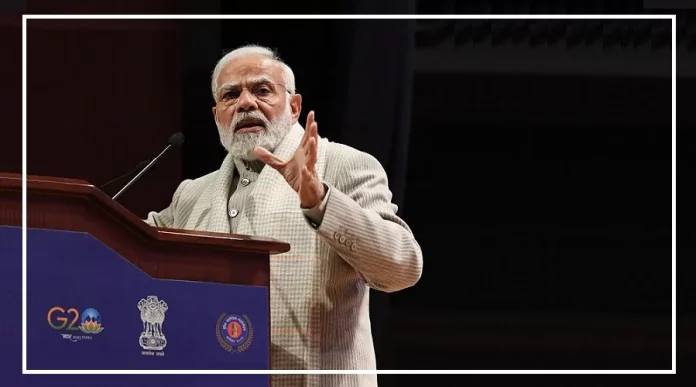The central government, led by Prime Minister Modi, plans to evaluate the National Food Security Act and the LPG subsidy schemes in a bid to reduce unnecessary expenses.
This move aims to prevent misuse of government funds and ensure that the intended beneficiaries are receiving the benefits.
Call for National and International Experts to Assess Subsidy Programs
The Development Monitoring and Evaluation Office, under NITI Aayog, has invited both national and international organizations with relevant experience to assess the food security law and LPG subsidy scheme as the Central Coordinating Agency.
They have issued a Request for Proposal (RFP), and interested applicants must apply through the government’s GeM portal.
Over Rs 4.50 Lakh Crore Allocated for Food Security
A recent report by the Development Monitoring and Evaluation Office highlights that the National Food Security Act is the world’s largest initiative to provide affordable food and nutritious diets to the public.
Enacted in 2013, this law ensures the availability of subsidized food grains and other essentials.
Despite substantial investments, progress in improving food security remains slow.
India still bears a significant burden of global hunger, with approximately 208.6 million people suffering from undernourishment.
Moreover, a significant portion of Indian children and women face health challenges related to nutrition.
Reviewing LPG Subsidies Amid Rising Energy Consumption
India ranks third in the world for energy consumption, following China and the United States. As the population continues to grow, so does the demand for petroleum products.
The government’s LPG subsidy initiative aims to provide clean fuel to rural areas and economically disadvantaged individuals.
LPG consumption has risen to 12.3 percent of total petroleum product consumption,
and with increasing consumption, reviewing the subsidy program becomes crucial for its effectiveness.
